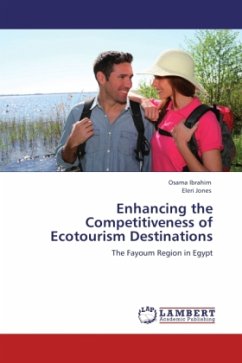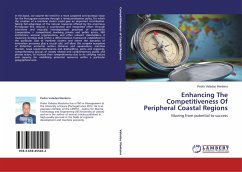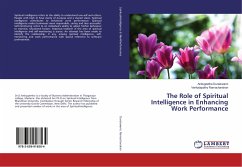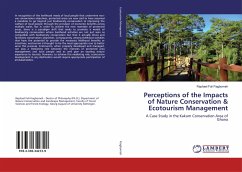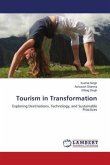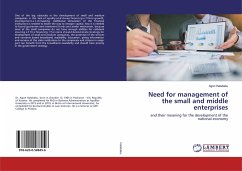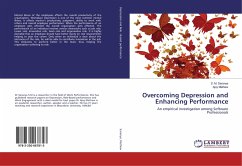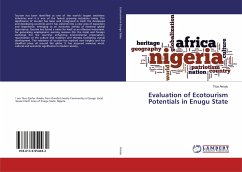Governments often lack the ability to effectively manage ecotourism destinations and protect cultural/natural heritage assets. Sustainable management of ecotourism destinations requires the involvement of key stakeholders including: the public and private sectors, educational institutions and most importantly -local communities- to ensure the attractiveness, service quality, and competitiveness of the ecotourism destination. This book presents the experiences of working in Fayoum -the capital of ecotourism in Egypt with its UNESCO World Heritage Site the Valley of Whales- as a case study ecotourism destination and provides a practical guide for ecotourism destination managers, tour operators who work on ecotourism, academic researchers, industry practitioners and other stakeholders on how to develop a competitive, sustainable, community-driven ecotourism destination. Literature review develops a conceptual framework comprising four stages of development:first, an audit of the comparative advantage;second, an analysis of community involvement;third, the development of a coherent set of ecotourism Programs;fourth, stakeholder consensus on an action plan to address any relevant issues
Bitte wählen Sie Ihr Anliegen aus.
Rechnungen
Retourenschein anfordern
Bestellstatus
Storno

